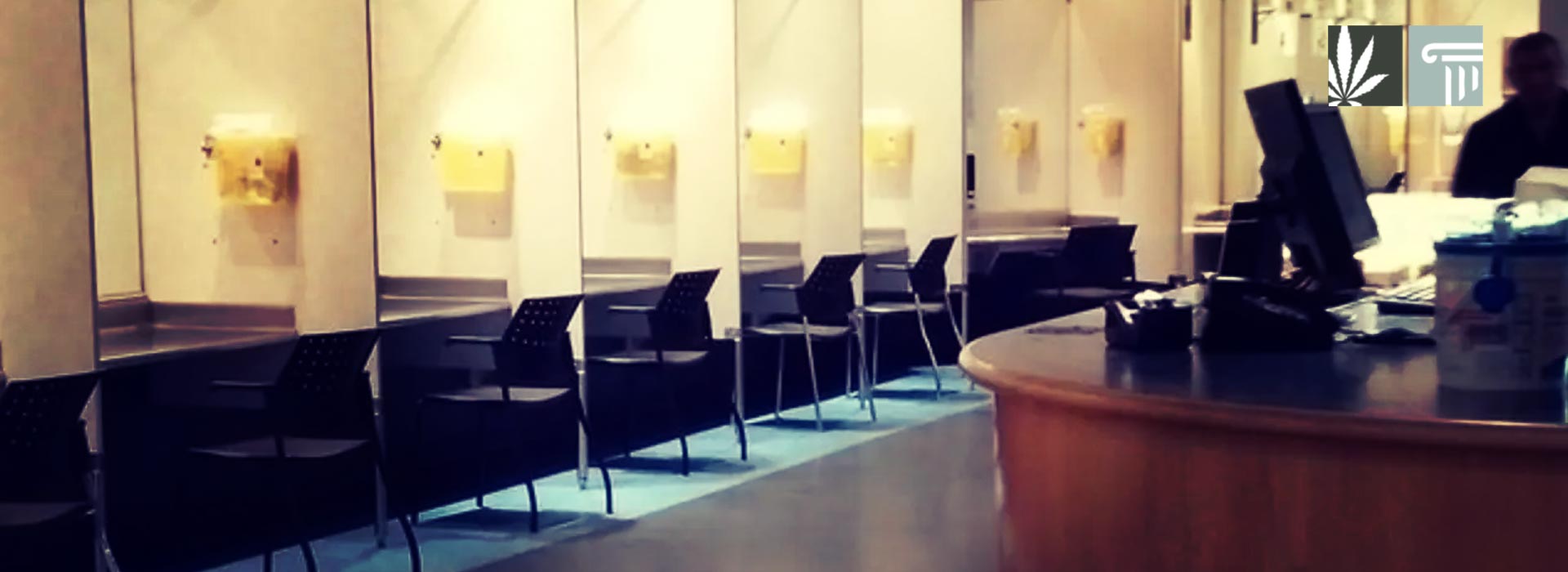The governor of Vermont vetoed legislation that would have established a working group charged with developing a framework for the creation of safe consumption sites for illicit drugs.
Such sites operate under medical supervision as part of a harm reduction approach towards drug abuse, whereby the risk of an overdose is mitigated. The White House recently indicated it is open to such proposals.
However, Gov. Phil Scott (R), in a message accompanying his veto, argued that “it seems counterintuitive to divert resources from proven harm reduction strategies to plan injection sites without clear data on the effectiveness of this approach.”
The vetoed legislation included other harm reduction approaches, but Scott took particular issue with the proposed Overdose Prevention Site Working Group. In support of such sites, the legislation referred to studies indicating their effectiveness, but the governor claims these are not relevant to Vermont since their data is drawn from urban, densely-populated areas.
Scott further highlighted harm reduction approaches Vermont currently employs, such as syringe programs, community education, and the distribution of test strips for Narcan and fentanyl, which are “proven, evidence-based approaches to saving lives.”
The governor also noted that he is still waiting to hear the results of a study into the impact of a bill he signed into law last year which decriminalized buprenorphine, a drug used to help treat opioid addiction.
This may be as far as Scott is willing to go for now when it comes to drug decriminalization. He recently vetoed another bill approved by the legislature that would have established a state panel responsible for proposing personal use amounts of illicit drugs for the purposes of future drug decriminalization legislation.
A separate bill that would have decriminalized possession and distribution of small amounts of illicit drugs was introduced to the Vermont legislature earlier this year, but it made no headway. The same lawmakers filed a similar bill last year and it too failed to receive a floor vote, as did another measure that would have decriminalized plant and fungi-based substances.
While Gov. Scott is skeptical of safe consumption sites, there’s no doubt that there is a new push to try alternative approaches towards harmful drug use in the US, with deaths from overdoses hitting more than 100,000 last year.
The White House drug czar said the Biden administration is looking at various harm reduction proposals, which includes safe consumption sites. The director of the Office of National Drug Control Policy, Rahul Gupta, also indicated that proposals to change federal policy regarding illicit drug use are being considered.
Meanwhile, New York City recently became the first jurisdiction in the US to open a legal safe consumption site, with city officials claiming the center has already helped save lives. In Philadelphia, however, similar plans by a non-profit are currently subject to a legal challenge brought about by the Department of Justice under the Trump administration.
Last year, the governor of Rhode Island signed a bill into law that will create safe consumption sites as part of a harm reduction pilot program.






